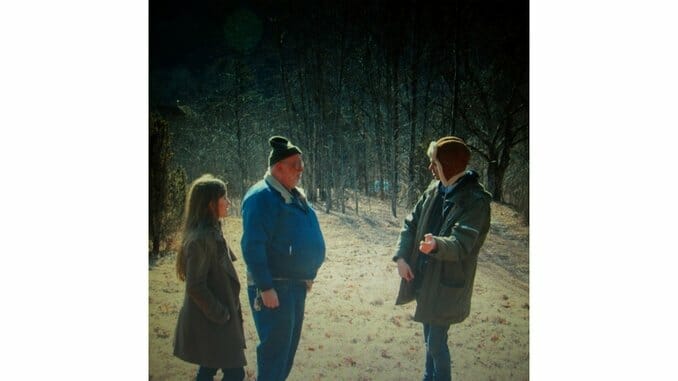Dirty Projectors: Swing Lo Magellan

Dirty Projectors have a history of creating delightfully grandiose records full of complex, sprawling arrangements and bizarre concepts. But where do you go after marking “suicidal Don Henley rock opera” and “Black Flag debut re-imagined from 15-year-old memory” off your musical to-do list? For Projectors’ frontman Dave Longstreth, the answer was simple. And as is often the case, the simplest answer proved to be the best one.
For the group’s sixth album, Swing Lo Magellan, Longstreth decided to take an approach that focused primarily on songwriting. Rather than trying to make every track work under an overarching theme, the songs on Magellan were crafted individually and with care. Each tune is perfectly capable of standing on its own, and there is a lot of diversity in the music, but the record still manages to feel whole as a work of art in itself.
-

-

-

-

-

-

-

-

-

-

-

-

-

-

-

-

-

-

-

-

-

-

-

-

-

-

-

-

-

-

-

-

-

-

-

-

-

-

-

-








































